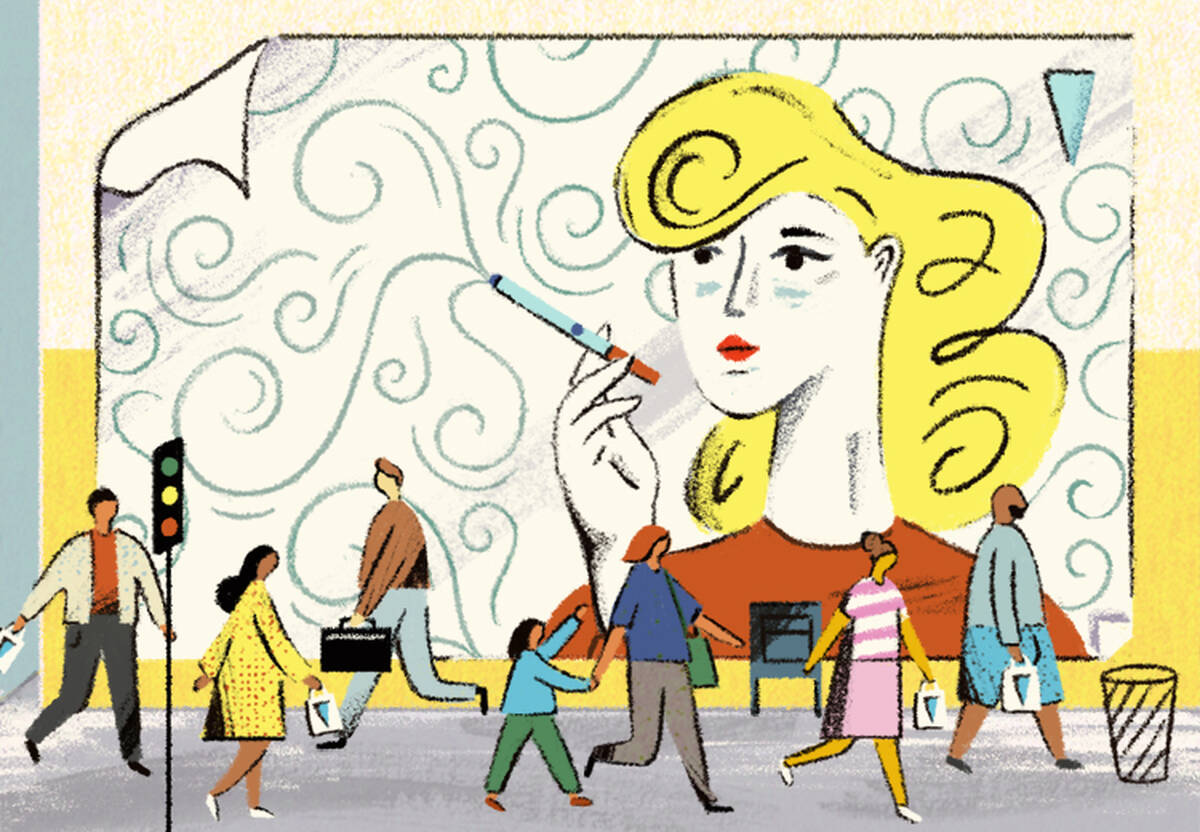Life is complicated. People are complicated. Decisions can be made, and policies adopted, with the very best of intentions, only for them to backfire in (predictably) unpredictable fashion.
This doesn’t resign humanity to the status quo, of course—but it does suggest that big changes should be undertaken with a certain humility and plenty of ongoing monitoring.
Here is a collection of studies from Kellogg faculty that demonstrate just how good intentions can miss their mark.
Tightening emissions standards certainly seems like a good way to reduce emissions. But as Volkswagen’s infamous emissions scandal reveals, this is not always the case, particularly in the absence of strong enforcement.
In 2015, Volkswagen admitted that it had installed illegal software on 11 million vehicles, enabling the vehicles to cheat on emission tests. When Sunil Chopra and then-PhD student Kejia Hu (now at Vanderbilt) investigated why, they found that tight standards that are expensive to meet, coupled with tight competition, can drastically increase the odds of misconduct among carmakers.
The researchers built a series of mathematical models that incorporated data on actual emissions, strictness of standards, vehicle characteristics, prices, and competition intensity. The models revealed that, for every 1 percent the standards were tightened, the probability of misconduct increased by 2 percent.
In the aftermath of the scandal, European Union policymakers chose to double the acceptable emissions limit—a move that earned them a lot of criticism. But when Chopra and Hu ran their model again with these new limits, they found that carmakers are likely to exert more effort toward actually meeting these lower levels, reducing misconduct by 9–11 percent in the short term.
The upshot? Sometimes less is more, at least unless you have a good way to ensure compliance. “There’s no point in tightening the standards if you can’t improve monitoring and enforcement,” says Chopra.
In the face of a recession, central governments are quick to implement policies that increase the credit supply and encourage lending to keep their economies afloat and their citizens employed.
But if the stimulus flows to the wrong companies, this can actually hurt a country’s economy in the long term. Such is the finding of an analysis from Jacopo Ponticelli who, along with his collaborators, investigated China’s response to the Great Recession.
Between 2000 and 2008, the analysis revealed, capital was reallocated from older, state-owned firms to more-dynamic, private firms, which many researchers believe helped drive China’s growth during this period. But post-stimulus, “you see a reversal of this process,” Ponticelli says. “You see capital and labor flowing faster toward less productive firms.”
While the researchers did not explicitly look at whether the Chinese economy suffered as a result of this reversal, economists agree that systematically misallocating loans can drive out productive firms in the long term. As such, Ponticelli sees the study as a cautionary tale for other countries considering using an influx of money to sustain a nation’s economy during a recession.
While there is no general formula for how governments should respond to economic crises, Ponticelli suspects that it might be better to introduce stimulus programs more gradually.
Cigarette ads have been banned on TV since the 1970s—and in 2019, the FDA extended the ban to e-cigarettes, largely to prevent e-cigarette use by minors. But an analysis by Kellogg’s Anna Tuchman from before the ban’s expansion suggests a possible downside. Specifically, Tuchman found that that an increase in the number of TV commercials for e-cigarettes was linked to a decrease in traditional cigarette sales, perhaps because smokers were substituting the electronic product for the traditional one.
Increasing e-cigarette ads by 10 percent was linked to a 0.8 percent increase in e-cigarette sales—but also a 0.2 percent drop in traditional cigarette sales. Because the e-cigarette market is much smaller than the traditional cigarette market, overall nicotine consumption decreased.
Tuchman’s research suggests that, as policymakers consider well-intentioned efforts to protect youth from the harms of tobacco, they will need to carefully balance the value of preventing young people from starting versus helping smokers quit.
Conventional wisdom has it that companies get what they pay for. If they want to attract the best talent, they had better tout high wages.
But a study from Kellogg’s Erika Deserranno suggests that financial incentives do more than just lure top candidates—they can also send potential workers a signal about who is a good fit for a given position. And sometimes that signal is dead wrong.
Deserranno collaborated with the large NGO BRAC Uganda to track the behavior of several thousand potential job applicants for newly created health-worker positions. Her data suggest that when the jobs are advertised as high paying, they actually attract fewer applicants who are committed to the organization’s social mission.
When the job was advertised as high paying, potential applicants were 18 percent more likely to believe that the primary purpose of the job was to earn money rather than serve the community. Moreover, highlighting the job’s financial incentives (by advertising a medium or high level of compensation) attracted more applicants with a personal interest in earning money. These individuals were 40 to 50 percent more likely to apply for the job, compared with when it was advertised as low paying.
Meanwhile, people with prior experience as a health volunteer or who described themselves as valuing the job’s community impact over its earning potential were 20 percent less likely to apply when the job was advertised as being highly paid.
“If people think they will earn more, they think that the job will involve spending more time on income-generating activities rather than social activities,” Deserranno explains. This has a “crowding-out” effect on prosocially motivated applicants, who are discouraged from applying. “This is problematic, because I found that these prosocial people are actually the ones who perform the best on the job and stay significantly longer.”
So far, we’ve focused on policies implemented by governments or large NGOs. But the law of unintended consequences also applies to individuals. Take a study by Kellogg’s Jorg Spenkuch. He and his colleagues find that, for children, moving to a “better” school or classroom comes with some fairly significant downsides.
Specifically, across several studies, the researchers find that shifting to a higher-achieving environment can significantly increase the risk of academic and behavioral challenges—indeed, exactly the types of issues parents were likely trying to avoid at the old school. Students may end up performing worse on standardized tests and misbehaving more in school than they would otherwise. All else being equal, kids in a class with smarter peers are more likely to have these problems than if they are surrounded by less-skilled students.
That’s because “relative standing matters for students’ choices,” says Spenkuch. Students who have dropped in academic rank might struggle because it is not as fun to work on a task when you are lagging behind your peers. “It may be inherently more enjoyable to do something at which you’re good,” he says. “And ‘good’ is defined relative to the people you observe.”
The researchers are not saying that high-achieving students should not move to better schools. With the positive changes that come from such a move, such as better teachers or newer facilities, “it might still be a good idea at the end of the day,” Spenkuch says. But the research suggests that parents and teachers should keep in mind that the transition also will bring some challenges.




